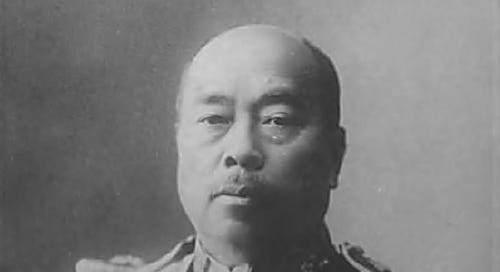Would a different diet be the answer to why so many Japanese sailors were becoming ill and dying at sea? It was a problem in Japanese society as well. That question was atop Takaki Kanehiro's mind as he boarded the Tsukuba, a training vessel for the Imperial Japanese Navy, in 1884.
Takaki had been thinking about this for some time now. He knew the ailment was beriberi, a wasting affliction that struck down otherwise healthy young men with terrifying efficiency. Legs swelled. Muscles weakened. Memory was lost. In some voyages, a third of the crew would fall ill. Some would never return. On average, Japanese Navy crew members developed the disease over four times a year. Theories about the cause varied, from airborne toxins to genetic predisposition. But no consensus had emerged.
Keep reading with a 7-day free trial
Subscribe to Historical Snapshots to keep reading this post and get 7 days of free access to the full post archives.




